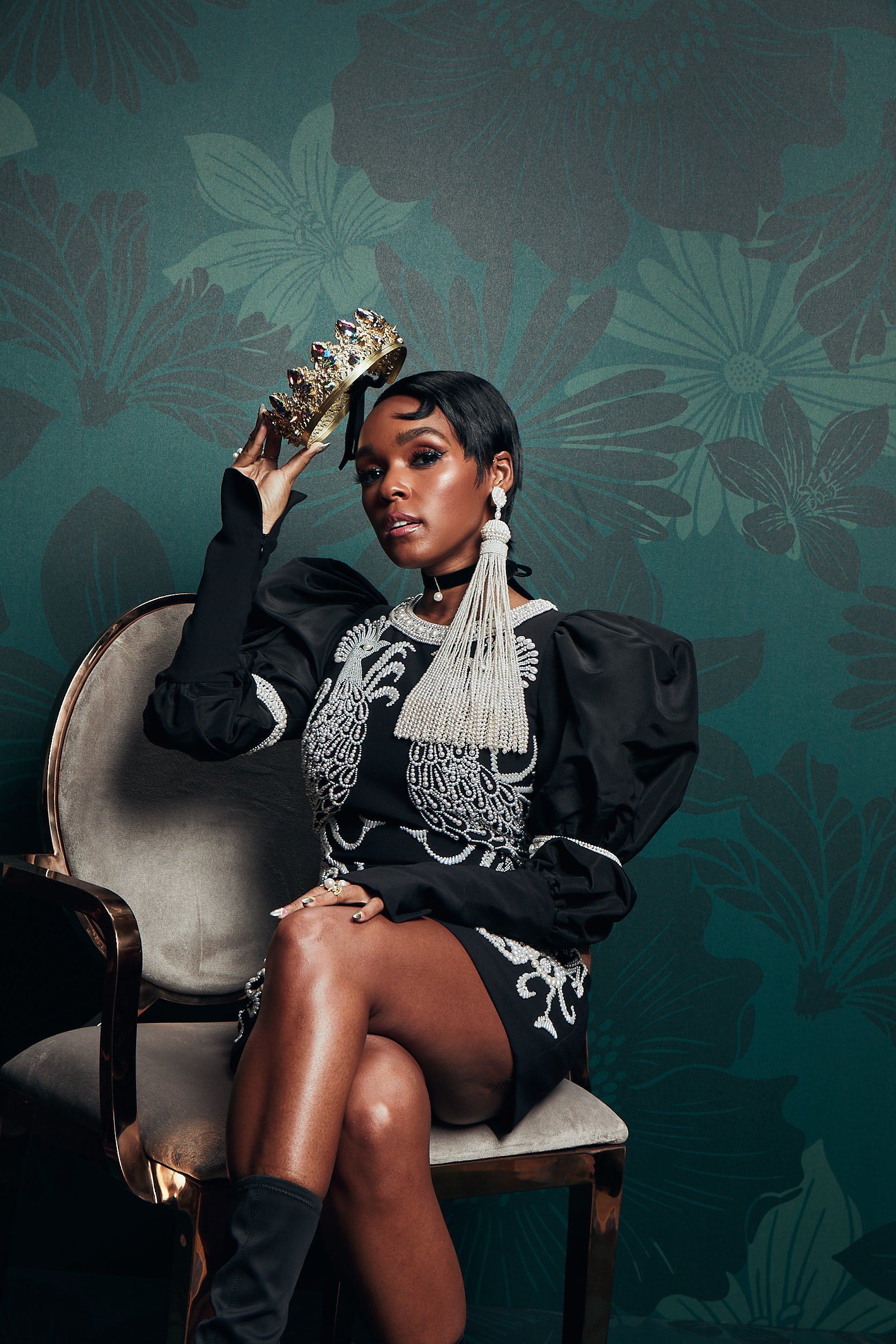
On the eve of the release of her highly-anticipated album, Dirty Computer, Janelle Monáe is finally putting an end to the rumors about her sexuality.
With her penchant for androgynous styles and the recent whispers that she’s in a relationship with actor Tessa Thompson, many have wondered about Monáe’s sexuality, but in a new Rolling Stone cover story the singer put the questions to rest.
“Being a queer Black woman in America, someone who has been in relationships with both men and women – I consider myself to be a free-ass motherf-cker,” she said.
Though Monáe initially identified as bisexual, after learning more about sexual orientations she realized that label didn’t quite describe who she was.
“I read about pansexuality and was like, ‘Oh, these are things that I identify with too.’ I’m open to learning more about who I am,” she explained.
While her sexual orientation was no secret to her friends and family, the Rolling Stone interview marks the first time Monáe’s publicly addressed the issue head-on, though the singer said she always dropped hints in her music.
“If you listen to my albums it’s there,” she said, citing “Mushrooms & Roses” and “Q.U.E.E.N.,” two songs that mention a woman named Mary, who returns in a short film for Monáe’s new album, Dirty Computer. In the video, Mary is played by Thompson. Also, according to Monáe, “Q.U.E.E.N.,” was originally titled “Q.U.E.E.R.,”and you can still hear the words on the track’s background harmonies.”
Monáe, who has been an outspoken champion for human rights, said her inflexible image once served as protection against many in the industry who didn’t know how to view her.
“It had to do with the fear of being judged,” she told the music magazine. “All I saw was that I was supposed to look a certain way coming into this industry, and I felt like I [didn’t] look like a stereotypical Black female artist.”
But now she hopes her life and music will serve as an inspiration for others.
“I want young girls, young boys, nonbinary, gay, straight, queer people who are having a hard time dealing with their sexuality, dealing with feeling ostracized or bullied for just being their unique selves, to know that I see you,” she said. “This album is for you. Be proud.”





